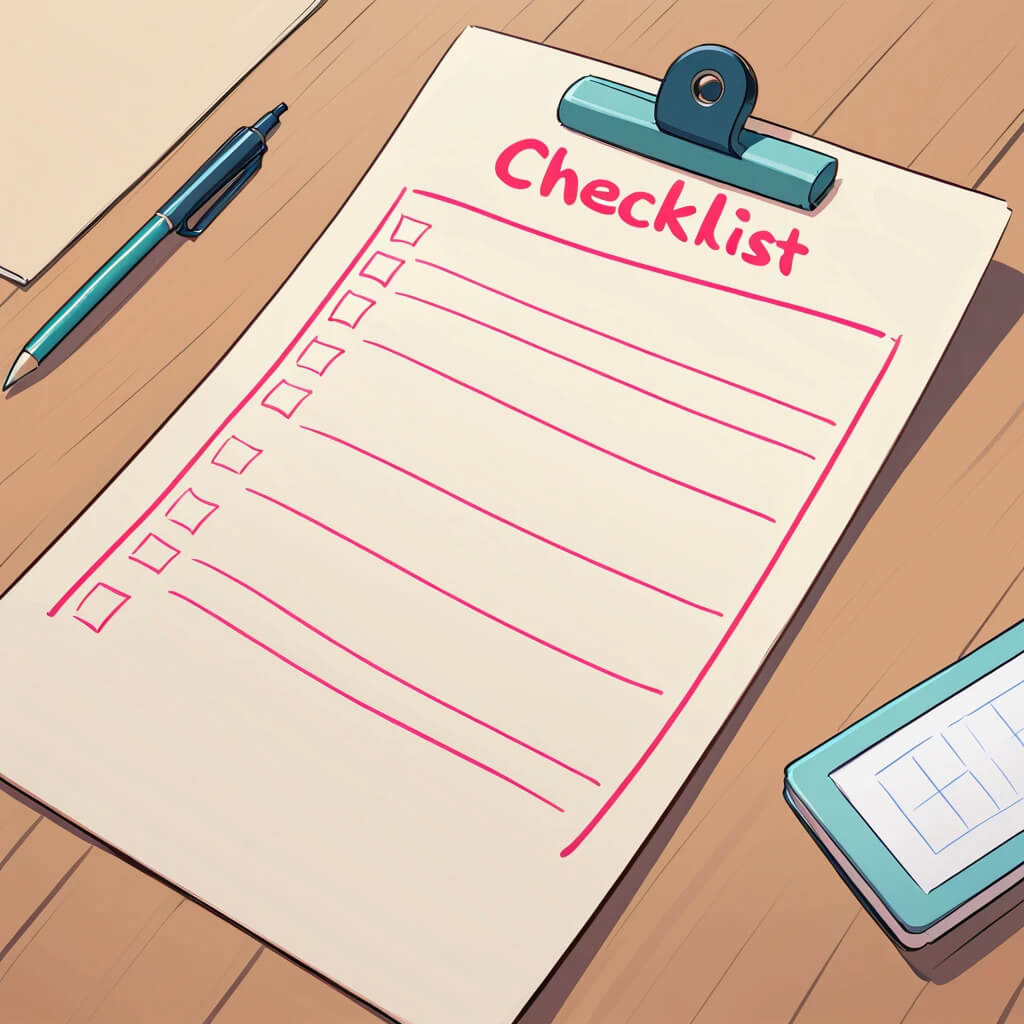Covering Your Bases : A Casual Guide to Individual Protection

As we navigate the twists and turns of life, it’s crucial to have a solid safety net in place.
The unsung hero that can offer a sense of security and peace of mind when the unexpected happens is individual protection, often referred to as personal insurance.
We’ll dive into the nitty-gritty of choosing the right policies, debunking common misconceptions, and even uncover ways to save on your premiums.
How Many Types of Individual Protection Are There?
Individual protection, commonly referred to as personal insurance, is available in various types with varying coverage, each intended to handle a particular area of your life.
Let’s take a closer look at the main types :
- Home Insurance : This coverage protects your property, including your home and its contents, against damage, theft, and natural disasters.
- Auto Insurance : It covers damages to your vehicle, liability for injuries or property damage to others, and even roadside assistance in case of emergencies.
- Health Insurance : Healthcare costs can quickly spiral out of control, but health insurance helps you manage these expenses. From routine check-ups to major medical procedures, this coverage ensures well rounded invidual protection.
- Life Insurance : This type of insurance provides financial security for your loved ones in the event of your passing. It can help cover final expenses, outstanding debts, and even provide a source of income for your family.
7 Factors to Consider When Choosing Individual Protection Coverage
When selecting individual protection policies, it’s important to consider a variety of factors to ensure that you’re getting the right coverage at the right price.
Here are some key considerations :

- Coverage Needs : Assess your specific risks and vulnerabilities, such as the value of your home and belongings, your health status, and your family’s financial situation.
- Deductibles and Limits : Understand the deductibles (the amount you pay out-of-pocket before coverage kicks in) and coverage limits (the maximum amount the insurance will pay) for each policy.
- Premiums : Evaluate the monthly or annual cost of the insurance premiums and ensure that they fit within your budget.
- Reputation and Financial Stability : Research the insurance provider’s financial strength, customer satisfaction ratings, and claims-handling history.
- Discounts and Bundling : Look for opportunities to save money by taking advantage of discounts or bundling multiple policies with the same provider.
- Policy Exclusions : Review the policy details carefully to understand any limitations or exclusions that may apply.
- Customer Service : Consider the insurance provider’s responsiveness and the quality of their customer support, as this can be crucial during the claims process.
Common Misconceptions about Individual Protection
Individual Protection also known as personal insurance is a complex topic, and it’s not uncommon for people to have misconceptions about it.
Let’s debunk some of the most common myths :
- “I don’t need insurance if I have a healthy emergency fund.” While an emergency fund is a valuable financial tool, it may not be enough to cover the full cost of a major event, such as a natural disaster or a lengthy hospital stay.
- “My employer-provided insurance is enough.” Employer-provided insurance can be a great supplement, but it may not provide the comprehensive coverage you need, especially if you have a family or unique healthcare needs.
- “I’m young and healthy, so I don’t need life insurance.” Life insurance isn’t just for the elderly or those with pre-existing conditions. It can provide financial protection for your loved ones, no matter your age or health status.
- “Auto insurance is only for liability coverage.” While liability coverage is essential, auto insurance can also protect you from the financial burden of vehicle repairs, medical expenses, and even roadside assistance.
- “Home insurance is only for natural disasters.” Home insurance covers a wide range of events, from theft and vandalism to accidental damage and liability claims.
What Is The Claims Process Like?
When it comes to personal insurance, understanding the claims process is essential.
Here’s a general overview of what you can expect :

- Reporting the Claim : Notify your insurance provider as soon as possible after the incident occurs.
- Providing Documentation : Gather any relevant documentation, such as police reports, repair estimates, or medical bills, to support your claim.
- Claim Review : The insurance provider will review your claim and determine the coverage and payout based on the terms of your policy.
- Claim Approval : If your claim is approved, the insurance provider will issue the appropriate payment, either directly to you or to the service provider, depending on the coverage.
- Claim Denial : In some cases, your claim may be denied. If this happens, you have the right to appeal the decision and provide additional information to support your case.
Throughout the claims process, it’s important to stay in close communication with your insurance provider and follow their instructions carefully.
This will help ensure a smooth and timely resolution to your claim.
How to Save Money on Personal Insurance Premiums
Personal insurance can be a significant expense, but there are several strategies you can use to save money on your premiums without compromising on coverage.
Here are some tips :
- Shop Around : Compare quotes from multiple insurance providers to find the best rates. Don’t be afraid to negotiate or ask about available discounts.
- Increase Deductibles : Opting for a higher deductible can lead to lower monthly or annual premiums, but be sure you have the financial means to cover the deductible if needed.
- Review Coverage Annually : Revisit your insurance needs regularly and adjust your coverage as your life circumstances change. This can help you avoid paying for unnecessary or outdated protection.
- Maintain a Good Credit Score : Many insurance providers consider your credit history when determining premiums, so keeping a healthy credit score can help you secure lower rates.





